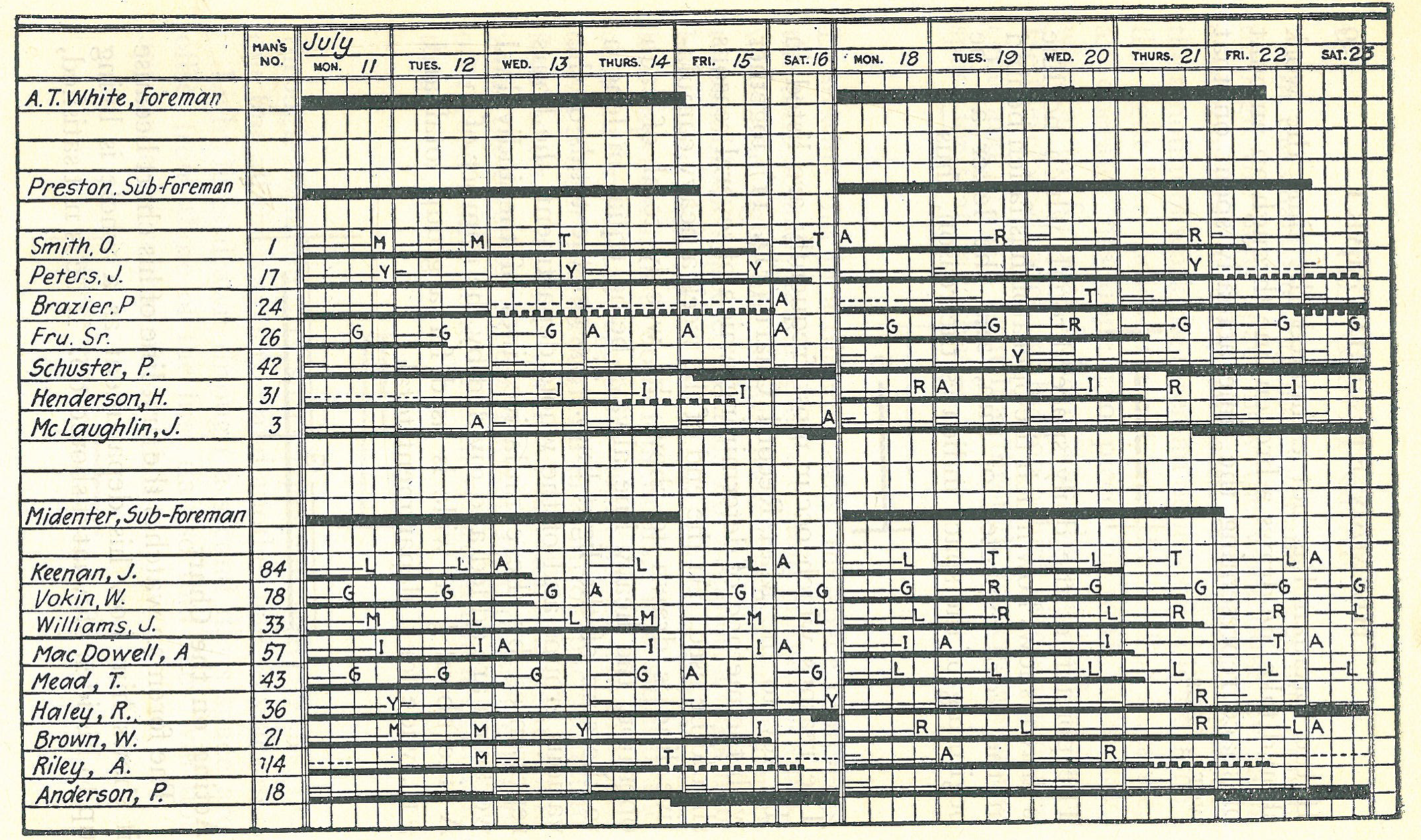Incentives have found their way into the language with which we understand ourselves and have permeated the instruments we use to govern others. They are pivotal to the justification of bonuses in finance; they pop up in editorial comments, policy documents, self-help books and presidential addresses; and they bind lay explanations of human motivation to technical debates in economics and psychology. In my book Incentives: A Genealogy – under contract with Princeton University Press – I critically explore the political and intellectual trajectory of ‘the incentive’ as explanatory term and technique of power.
The book makes two main contributions. First, it challenges a notion that has overtaken our understanding of social and political relations. To do so, I explore the erratic development of incentives from Gilded Age mechanical engineers to neoliberal reform economists in the 1990s. In five key historical chapters I trace the shifts from engineering incentives, socialist incentives, adjustment as incentive and informational incentives to neoliberal incentives. Before the twentieth century, one could deliver sermons with ‘incentives for the love of God’ and hold an ‘incentive speech’ in the House of Lords.The notion of the ‘incentive’ evoked passion and arousal more than calculation. In the 1880s, American mechanical engineers turned this around in a series of managerial experiments to increase production and reduce the labor conflicts that industrial capitalism gave rise to. Socialist intellectuals writing in the same time period opposed a quick technical fix. Instead, they argued that these conflicts signaled capitalism’s inherent flaws. Only a society based on broader conceptions of ownership, motivation and reward could incentivize people to give their best. In the 1930s and 1940s, social and behavioral scientists integrated such conceptions into definite managerial instruments. In doing so, they left the issue of societal transformation for what it was. Under completely different intellectual circumstances, postwar economists reinvigorated the debate about socialism and capitalism as rival economic systems. In their hands, problems of incentives and information came to be seen as central to both free markets and central planning. From the 1980s onward, incentivization became a broad framework to understand human action and a set of techniques to act upon it – as a range of attempts to incentivize tax payers, doctors, managers and workers makes clear.
Second, the book provides a theory of ‘incentivization’ as a systematic framework for wielding power that is distinct from ‘discipline’. From Foucault’s Discipline and Punish onwards, modernity came to be seen as a process where disciplinary power slowly took over from the spectacle of corporal punishment. The same can be said about discipline and incentivization. As distinct ‘modalities of power’, moreover, the two can be systematically contrasted on three different levels. In terms of the central problem of government, discipline targets deviancy and abnormality whereas incentives are merely used to shift behaviour in a different direction. In terms of the conception of the human subject, discipline acts on the assumption that individuals are fundamentally moldablewhereas incentivization holds individuals governable in so far as they have stable inclinations and interests. In terms of the techniques of government, finally, discipline punishes individuals who deviate from the norm while incentivization positively induces them via rewards to choose a new course of action. The power to ‘surround and induce’ now rivals the power to ‘discipline and punish’.With its paradoxical combination of free choice and mechanical steering, incentivization promises that we can positively induce individuals by changing the environment in which they act.

